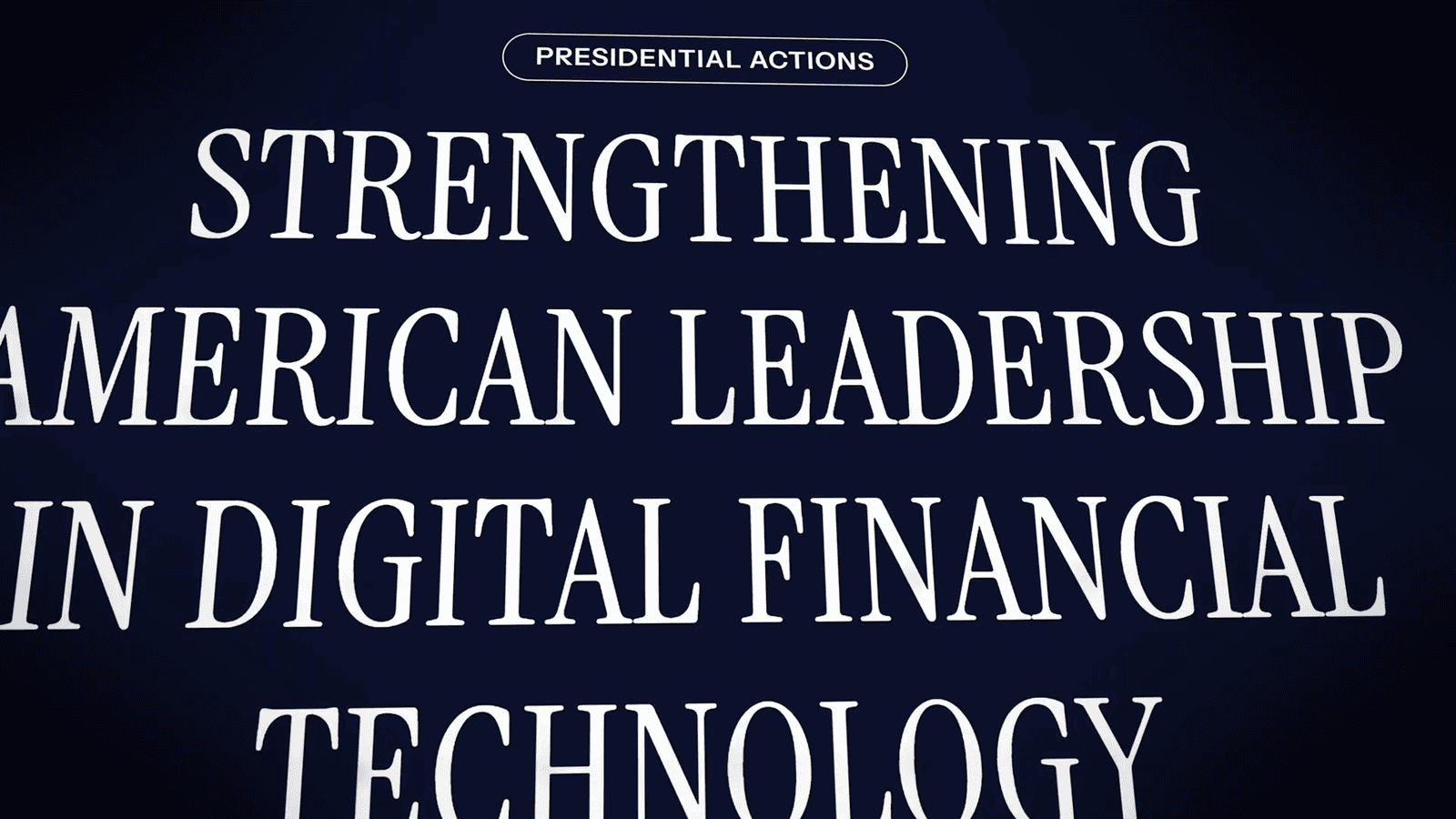In a world increasingly burdened by the flaws of fiat currency, Bitcoin emerges as a beacon of hope for economic freedom and equality. This blog explores how Bitcoin can correct the injustices of our current monetary system and offers a path towards a more just and equitable society.
Table of Contents
- Introduction to the Broken Monetary System
- The Unique Characteristics of Bitcoin
- Religious Perspectives on Bitcoin
- The Future of Bitcoin in Society
- Bitcoin and the Fight Against Government Control
- Bitcoin as a Tool for Humanitarian Aid
- The Role of Bitcoin in Political Activism
- Conclusion: Embracing Bitcoin for a Better Tomorrow
- FAQ
Introduction to the Broken Monetary System
The current monetary system is characterized by a lack of stability and fairness. It has been designed to benefit a small elite while burdening the working class. This imbalance has led to a cycle of wealth concentration that has persisted for decades. The fundamental flaw lies in the government’s ability to print money, which dilutes the value of currency and erodes purchasing power.
The Consequences of Inflation
Inflation acts as a silent thief, slowly eroding the value of money. When the government increases the money supply, it results in rising prices, making it difficult for individuals to afford basic necessities. This phenomenon creates a disparity where the average worker’s wages do not keep pace with inflation, leading to financial strain and hardship.

Understanding Types of Inflation
There are two primary types of inflation: physical and monetary. Physical inflation occurs due to unforeseen events such as natural disasters that disrupt supply chains. In contrast, monetary inflation arises from the excessive printing of money, which is the more prevalent issue in today’s economy.
- Physical Inflation: Temporary price increases caused by supply shortages.
- Monetary Inflation: A systemic issue resulting from increased money supply without a corresponding increase in goods and services.
The Impact of Inflation on Everyday Life
Inflation affects daily life in profound ways. As prices rise, families struggle to meet their basic needs, leading to increased financial stress. More individuals are forced to work multiple jobs just to make ends meet, which diminishes their quality of life and overall well-being.

The Creation of Money and Its Implications
The process by which money is created is critical to understanding its impact on society. Central banks have the authority to print money, which they often do without regard for the long-term consequences. This practice not only devalues currency but also perpetuates a system where the wealthy continue to accumulate more wealth at the expense of the working class.
Historical Context of Currency and Trust
Historically, currencies have evolved from tangible assets like gold and silver to fiat money, which holds value primarily because of government backing. This shift has led to a loss of trust in the monetary system. When governments manipulate currency for their gain, it undermines the very foundation of trust that is essential for a stable economy.
Bitcoin as a Solution
Bitcoin represents a revolutionary shift in how we perceive money. Unlike fiat currencies, Bitcoin is decentralized and not subject to government manipulation. It offers a transparent and secure alternative that empowers individuals and restores trust in the monetary system.
In a world where trust in traditional financial institutions is waning, Bitcoin emerges as a beacon of hope. It allows for peer-to-peer transactions without the need for intermediaries, reducing costs and increasing efficiency. This democratization of currency has the potential to level the playing field for all individuals, regardless of their socioeconomic status.
Ultimately, the adoption of Bitcoin can lead to a more equitable economic landscape, where individuals have greater control over their financial futures. As more people recognize the value of Bitcoin, it could serve as a catalyst for significant change in the way we think about and interact with money.
The Unique Characteristics of Bitcoin
Bitcoin’s most distinctive feature is its limited supply. With a capped limit of 21 million coins, Bitcoin stands apart from fiat currencies, which can be printed at will. This scarcity creates a sense of value and urgency that resonates with users, encouraging them to hold onto their Bitcoin as a store of value.
Another unique characteristic is Bitcoin’s decentralized nature. Unlike traditional currencies controlled by central banks, Bitcoin operates on a peer-to-peer network. This means that transactions can be conducted without intermediaries, reducing costs and increasing efficiency for both merchants and consumers.

Moreover, Bitcoin serves as a digital bearer instrument. This concept means that whoever holds the Bitcoin owns it, akin to holding cash. This ownership model is revolutionary in a digital landscape where duplication and replication are common, ensuring true ownership and control over one’s assets.
Blockchain Technology Explained
At the heart of Bitcoin is blockchain technology, a decentralized digital ledger that records all transactions across a network. Each transaction is grouped into blocks, which are then linked together in chronological order. This structure ensures transparency and security, as all participants in the network can verify the accuracy of transactions.

Blockchains are not a novel concept; they have existed for centuries in various forms. Historically, ledgers were used to track ownership and transactions, evolving from physical books to digital formats. The Bitcoin blockchain modernizes this concept, allowing for instantaneous and global updates without the need for centralized authority.

One of the key advantages of blockchain is its ability to prevent double-spending. This problem, where the same digital currency can be spent more than once, is resolved through consensus mechanisms that validate each transaction. By ensuring that transactions are recorded only once, Bitcoin maintains its integrity as a currency.
Storing Bitcoin Safely
Storing Bitcoin securely is crucial for anyone participating in the cryptocurrency space. Analogous to a locker system, Bitcoin wallets consist of a public address where others can send Bitcoin and a private key that allows the owner to access and manage their funds. Keeping this private key secure is paramount.

Most users utilize mnemonic phrases, typically consisting of 12 or 24 words, which serve as a backup for their private keys. Each word corresponds to a specific entry in a predetermined list, making it computationally infeasible to crack. This method combines security with usability, allowing users to recover their wallets if necessary.

Bitcoin vs. Central Bank Digital Currencies (CBDCs)
When comparing Bitcoin to Central Bank Digital Currencies (CBDCs), the differences are stark. CBDCs represent digitized fiat currencies controlled by central banks, which can impose regulations on transactions and monitor user behavior. This level of surveillance can lead to potential abuses of power and a loss of privacy.
In contrast, Bitcoin offers a permissionless system where users can transact freely without government oversight. This decentralization fosters financial autonomy and protects individual rights. The implications of adopting CBDCs could lead to a more controlled financial environment, whereas Bitcoin champions freedom and accessibility.
The Moral Case for Bitcoin
The moral argument for Bitcoin centers on its ability to empower individuals. Unlike fiat currencies, which can be manipulated by governments, Bitcoin provides a stable and secure form of money that cannot be easily inflated or stolen. This characteristic is especially critical for people living under oppressive regimes.
Bitcoin allows individuals to maintain control over their wealth. In a world where governments can seize assets without warning, Bitcoin provides a safeguard against such actions. This independence is essential for fostering a sense of security and stability in one’s financial future.
Bitcoin’s Role in Global Financial Inclusion
Bitcoin has the potential to revolutionize financial inclusion, particularly in regions where traditional banking services are unavailable. Approximately 50% of the global population lacks access to a bank account, leaving them excluded from the benefits of the global economy. Bitcoin bridges this gap by providing a decentralized alternative that anyone with internet access can utilize.

In countries with unstable currencies, Bitcoin offers a viable solution for individuals seeking to preserve their wealth. It allows users to transact and save without relying on corrupt financial systems that drain economic energy. This accessibility empowers individuals to improve their financial circumstances and build wealth.
The Transformative Power of Bitcoin
Bitcoin’s transformative power lies in its ability to redefine ownership and control over personal assets. It provides individuals with a means to secure their wealth in a way that is resistant to external interference. This empowerment is particularly significant for those in regions with oppressive governments or unstable economies.
By offering a decentralized and transparent monetary system, Bitcoin enables individuals to engage in commerce on their terms. It removes barriers that traditionally prevent people from accessing financial services, fostering innovation and entrepreneurship. This shift has the potential to uplift communities and drive economic growth on a global scale.

Ultimately, Bitcoin represents a paradigm shift in how we think about money, ownership, and freedom. Its unique characteristics, coupled with the principles of decentralization and transparency, position it as a powerful tool for change in the financial landscape.
Religious Perspectives on Bitcoin
Bitcoin’s emergence has sparked various religious perspectives, as it intersects with ethical and moral considerations in many faiths. The decentralized nature of Bitcoin appeals to those seeking justice and fairness, aligning with the core teachings of several religions.
Judaism and Bitcoin
In Judaism, the concept of trust and responsibility in financial dealings is paramount. Bitcoin, as a decentralized currency, aligns with the Jewish tradition of ensuring fairness and justice in economic transactions. The transmission of Torah teachings emphasizes a chain of responsibility, much like the blockchain technology that underpins Bitcoin.
Islamic Views on Bitcoin
Islamic finance prohibits interest-based transactions, promoting a system where money cannot be created from nothing. Bitcoin, requiring proof of work, supports this principle by ensuring that value is generated through effort. This makes Bitcoin a potentially acceptable form of currency within Islamic teachings.
Buddhism and Decentralization
Buddhism encourages critical thinking and self-validation, principles mirrored in Bitcoin’s decentralized nature. Users are empowered to validate transactions independently, aligning with the Buddhist ethos of personal responsibility and ethical behavior in financial practices.
The Future of Bitcoin in Society
Bitcoin’s potential to reshape society is profound. As more individuals and institutions adopt it, we can anticipate a shift towards a more equitable economic system. This transition could lead to greater financial inclusivity and empowerment for marginalized communities.

Bitcoin as a Tool for Economic Empowerment
Bitcoin enables individuals to bypass traditional banking systems, offering a lifeline to those in regions with unstable financial infrastructures. Countries experiencing hyperinflation or economic turmoil are rapidly adopting Bitcoin as a means of preserving wealth and conducting transactions.
Global Adoption Trends
The global adoption of Bitcoin is accelerating, particularly in nations where traditional financial systems have failed. Countries like El Salvador have embraced Bitcoin as legal tender, demonstrating its potential to transform national economies and provide citizens with greater financial autonomy.
Bitcoin and the Fight Against Government Control
Bitcoin stands as a formidable tool against government overreach and financial oppression. By decentralizing monetary control, it empowers individuals to retain ownership of their wealth, free from arbitrary confiscation or manipulation.

The Power of Individual Ownership
With Bitcoin, individuals can store and transfer wealth without reliance on banks or government institutions. This capability challenges the traditional power dynamics, allowing citizens to resist oppressive regimes and maintain economic autonomy.
Historical Context of Financial Control
Historically, governments have used financial systems to exert control over citizens. Bitcoin disrupts this paradigm by providing a means for individuals to transact freely, safeguarding their capital from seizure or inflationary pressures imposed by state authorities.

Bitcoin as a Tool for Humanitarian Aid
In times of crisis, Bitcoin has proven to be an invaluable tool for delivering humanitarian aid. Its ability to facilitate quick, borderless transactions allows aid organizations to efficiently support those in need, especially in regions with limited access to traditional banking services.
Case Studies of Bitcoin in Crisis Situations
During recent conflicts, Bitcoin has enabled swift financial support for individuals trapped in war zones. For instance, in Ukraine, Bitcoin donations were crucial for providing food and supplies to those in shelters, showcasing its role as a lifeline in emergencies.

The Role of Bitcoin in Political Activism
Bitcoin has become a powerful ally for political activists around the world. It enables secure funding and financial independence, crucial for movements opposing authoritarian regimes. Activists can mobilize resources without fear of government interference.
Supporting Movements for Freedom
From protests in Belarus to demonstrations in Iran, Bitcoin has allowed activists to raise funds and organize efforts without the risk of censorship. This financial autonomy fosters resilience against oppressive governance, empowering individuals to fight for their rights.
Conclusion: Embracing Bitcoin for a Better Tomorrow
As we look towards the future, embracing Bitcoin could lead to a more just and equitable society. Its unique qualities provide a foundation for financial freedom, empowerment, and resilience against oppression. The continued adoption of Bitcoin represents a shift towards economic justice, allowing individuals to reclaim control over their financial destinies.
FAQ
- What is Bitcoin? Bitcoin is a decentralized digital currency that allows for peer-to-peer transactions without the need for intermediaries.
- How does Bitcoin work? Bitcoin operates on a blockchain, a secure and transparent digital ledger that records all transactions.
- Can Bitcoin be used for humanitarian aid? Yes, Bitcoin can facilitate quick and secure transactions, making it a valuable tool for delivering humanitarian aid in crisis situations.
- Is Bitcoin safe to use? While Bitcoin itself is secure, users must take precautions to protect their wallets and private keys from theft or loss.
- How can Bitcoin empower individuals? Bitcoin allows individuals to control their wealth without reliance on traditional banking systems, providing a hedge against government inflation and seizure.









